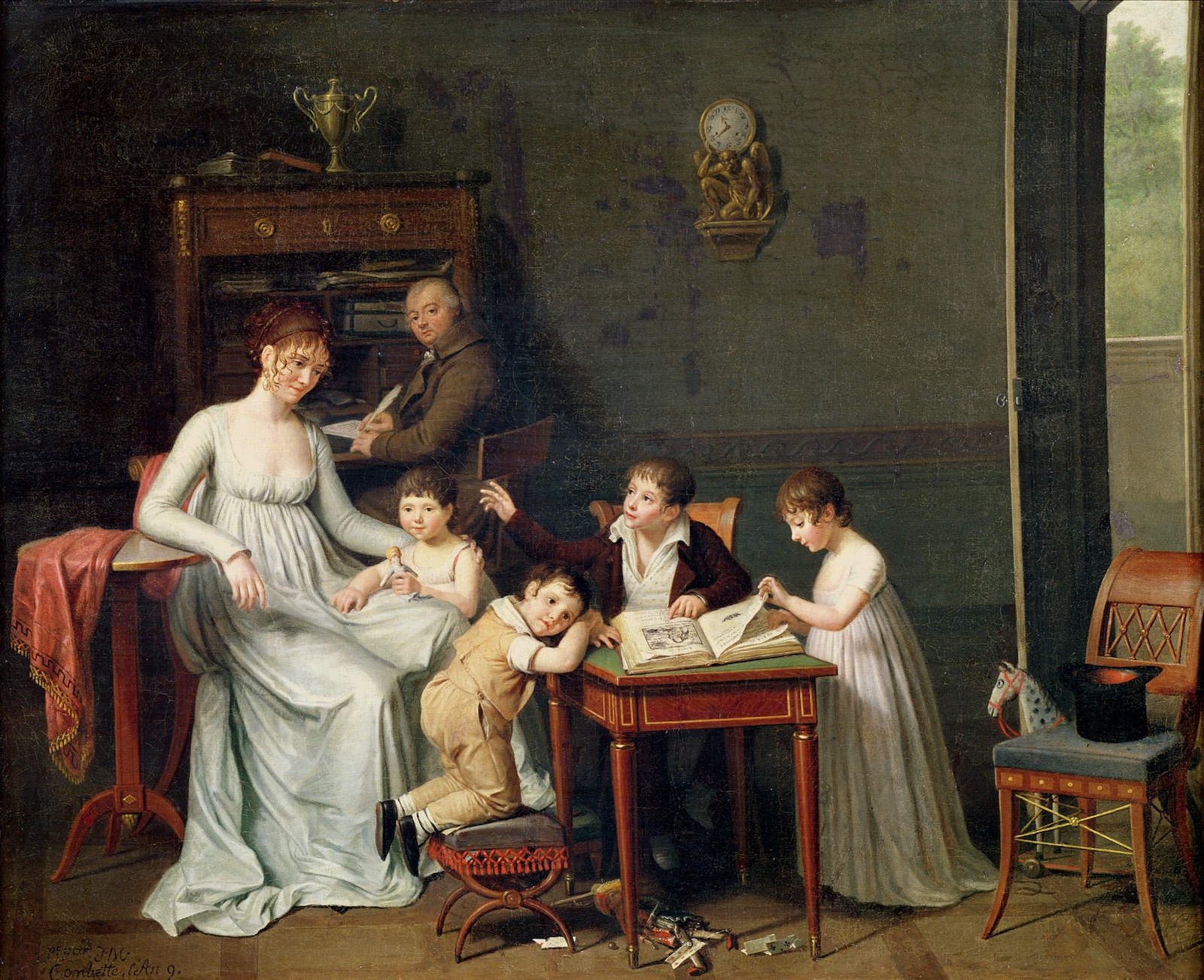It took me six years from when we moved from Jerusalem to the US, but, thanks to the pandemic, I finally wrote my first poem in English. I was so excited the day I submitted it, not able to sleep the whole night awaiting the response from my third-grade son’s English teacher.
“Did she write a comment in Google Classroom yet?” I asked my son, repeatedly.
“Yes,” he finally answered not moving his eyes from Fortnite, “she really loved it, especially your line with the bees buzzing in the spring. We need to write another poem for tomorrow, something with metaphors and similes.”
“What did she write exactly?” I insisted.
“She really loved it, she said I can be a poet one day… oh shit, killed by a sniper.”
I was so happy with my literary achievement and, with great enthusiasm, started watching the four-minute video about metaphors and similes that the teacher had posted online via Seesaw, when everything started to go wrong.
How could it? I had been so careful. I was one of those bastards who thought the end of the world was coming. I was among those who rushed to the supermarkets and pharmacies buying dozens of the last hand-sanitizers, disinfectant sprays and wipes, pasta, rice, flour (which I have no idea what to do with), and even a dozen boxes of matzos, thinking that if it helped the Jewish people survive three thousand years ago, it will surely help a Palestinian family in St. Louis, Missouri, to pass over.
When my daughter was finally back, after a long trip by car from her college in Boston, we sheltered at home, and I declared an official curfew before any stay-at-home order was given by an American governor. For more than a month, I didn’t let the kids out, even on the few precious sunny days.
“Some researchers claim the virus lingers in the air,” I told my wife, who claimed that my strict curfew might drive our two young boys crazy. “Better crazy and healthy than sane and dead,” I suggested.
We used only grocery delivery services, paying Whole Foods Market millions of dollars twice a week for milk and eggs. I always edited the suggested tip for the shoppers, never less than $20. We unpacked the groceries outdoors, washing all products carefully before letting them into our home. I checked the mailbox wearing gloves and two masks, because I saw doctors in the news covering their N95s with surgical masks. Then I would let the mail rest for at least forty-eight hours before I opened the letters. I washed my hands all day, and cleaned the surfaces, without even knowing exactly what surface means in English.
I never missed any epidemic-related briefings, watching the local ones led by the governor of Missouri, as well as the St. Louis task force daily briefings and, of course, the White House daily show. When my panic attacks became unbearable, I switched to Fox News to calm my nerves with the promises that everything is under full control, that there is a magic cure on its way, and that the president is the biggest gift one can ask for in such challenging days. Still, it was the first time since we’d moved from Jerusalem that I found myself wishing we were back under the Israeli regime.
I was just about to write the first draft of my second English poem that began with “The sky is a blue ocean,” when my son started chasing his sister around the house, interrupting my inspiration (or is it aspiration?).
“You are going to break it!,” I shouted at my son, who was pushing the sunroom’s locked glass door. I ran to hold him back when he kicked it, breaking the glass and cutting his foot deeply. I called 911:
“It is my son,” I cried on the phone, “he is bleeding really bad,” as I pressed his wound with a towel.
“Is he breathing?”
“Yes, of course—he hurt his foot.”
“Is he awake?”
“Aware?”
“Awake, sir, is he awake?”
“Yes, he is crying.”
“OK. Help will be there in three minutes,” the operator said when I gave her the address.
“I told you they will get crazy if you lock them down,” my wife shouted at me before leaving the house to wait for the ambulance.
It took less than a minute to realize what a great mistake I’d committed. The first responder who arrived was a police officer, not wearing a mask. “Let me see the wound,” he rushed to examine my son. Why a police officer? And why isn’t he wearing a mask?
After the police, a firefighter arrived at the apartment, this time wearing a mask. A few seconds later and I heard the sounds of sirens of a third vehicle, that of the ambulance. At one point, there were eight people crowded in our tiny living room examining my foolish son’s leg.
Advertisement
“We need to take him to emergency room,” announced the paramedic. Emergency room? Oh my god, after all I’ve done for a month and a half now.
“Is it necessary?” I asked the paramedic.
“He needs stiches,” he asserted.
“You can’t do this at home?” I asked.
The paramedic gave me a suspicious look and determined that the boy needed to go to the hospital. They laid him on a stretcher and explained that I could not ride with them due to the new procedures. I had not been thinking to accompany my son to the emergency room at all because of our own new procedures.
“He is a big boy,” I smiled at the paramedic, “and I have a poem to write.”



